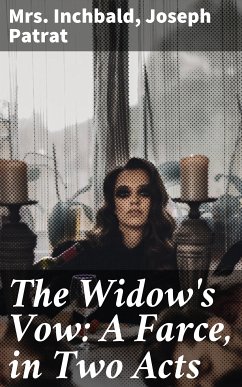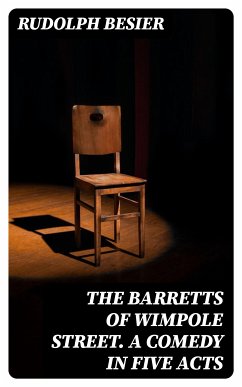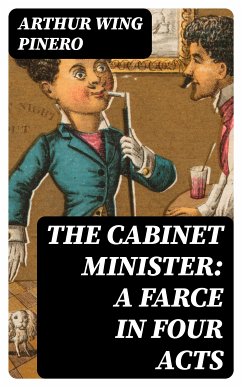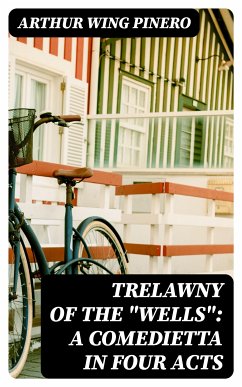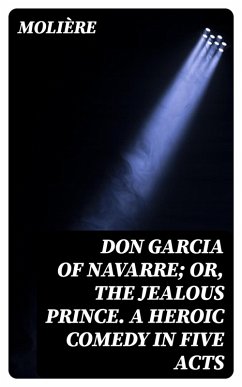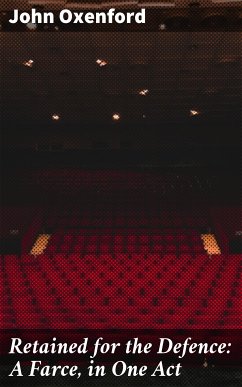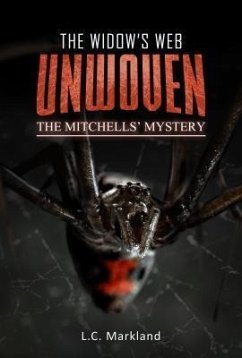
The Widow's Vow: A Farce, in Two Acts (eBook, ePUB)

PAYBACK Punkte
0 °P sammeln!
In "The Widow's Vow: A Farce, in Two Acts," readers are invited to explore an enlightening snapshot of humor and social commentary framed within the conventions of late 18th-century theatrical works. This anthology includes a compelling variety of styles, ranging from sharp wit to more subdued, subtle humor, underscoring the societal norms and personal relationships of the period. Each act and scene unravels the intricacies of domestic spaces and public façades, delivering both entertainment and critique. The narrative blends comedic elements with insightful dialogues, creating an engaging te...
In "The Widow's Vow: A Farce, in Two Acts," readers are invited to explore an enlightening snapshot of humor and social commentary framed within the conventions of late 18th-century theatrical works. This anthology includes a compelling variety of styles, ranging from sharp wit to more subdued, subtle humor, underscoring the societal norms and personal relationships of the period. Each act and scene unravels the intricacies of domestic spaces and public façades, delivering both entertainment and critique. The narrative blends comedic elements with insightful dialogues, creating an engaging tension that reflects the age's transitional literary desires. The anthology skillfully combines the talents of Mrs. Inchbald and Joseph Patrat, two notable figures in British theatre. Mrs. Inchbald, renowned for her pioneering contributions to women's roles in theatre, and Joseph Patrat, known for his extensive explorations into the mores of society, together bring a nuanced perspective to evolving views of marriage, widowhood, and gender roles. Their works resonate with contemporary audiences due to their perceptive themes which align with the broader movements of Enlightenment thought and dramatic art evolution. A must-read for enthusiasts of literary and theatrical history, this collection offers invaluable insights into the social and cultural dialogues of its time. Dive into "The Widow's Vow: A Farce, in Two Acts" to discover a wide spectrum of human experiences conveyed through divergent storytelling approaches. This volume presents a unique gateway to understanding historical theatrical practices and their lasting impact on societal narratives today, encouraging readers to appreciate the timeless nature of theatrical art in challenging and reflecting societal norms.
Dieser Download kann aus rechtlichen Gründen nur mit Rechnungsadresse in A, B, BG, CY, CZ, D, DK, EW, E, FIN, F, GR, H, IRL, I, LT, L, LR, M, NL, PL, P, R, S, SLO, SK ausgeliefert werden.




